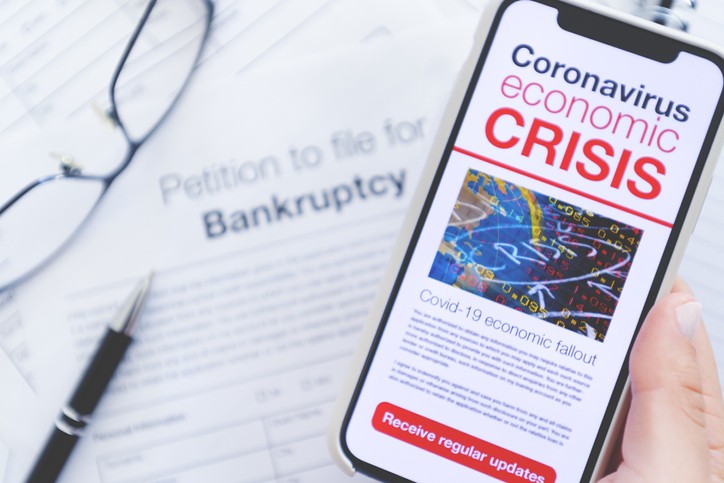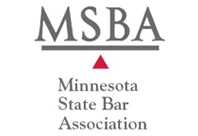Determining Chapter 13 Payment Amount
Did you know that over twelve years more than four million people filed for Chapter 13 bankruptcy? Chapter 13 bankruptcy is a great alternative to Chapter 7 if you have significant property equity and a regular income. Unfortunately, finding out the payment amount that you owe is a complicated process. Luckily, in this article, we’ll [...]








